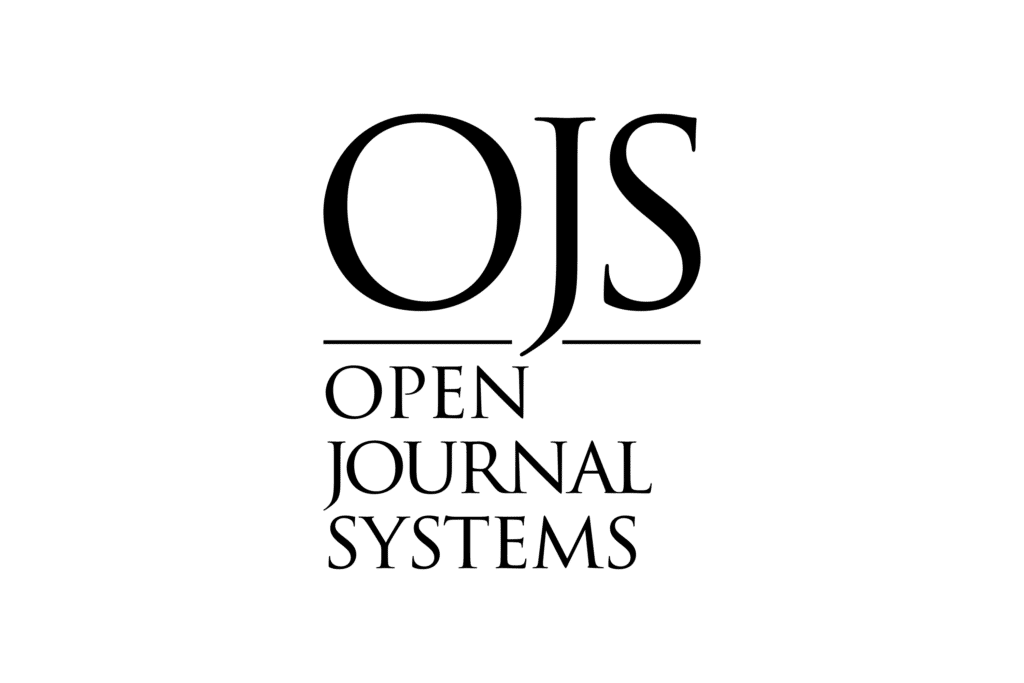Study From Indicators of Tourist Competitiveness to Leave of Predictive Variable.
DOI:
https://doi.org/10.52579/diapi.vol4.i.a18677Keywords:
Tourism competitiveness, Competitiveness ranking, Competitiveness indicators, Predictive variablesAbstract
The competitiveness ranking of the World Economic Forum is based on the Tourism and Travel Competitiveness Index. A good location in the ranking provides good reputation and international prestige for any country. The edition in 2017 includes only 20 countries in Central America and the Caribbean; Cuba is not found. This is because indicators that are measured to determine the tourism and travel competitiveness index do not have an evaluation in these countries because they lack the relevant information. The objective of the research is to make, based on the available information, a study of tourism competitiveness indicators and select the variables that are potential predictors of the WEF's score, to subsequently establish a model in which the position of the countries that are not. The principal components analysis was used to reduce the number of variables. To ensure that the selected variables are good predictors of the ranking, Cluster Analysis will be used from case analysis. With the determination of the predictor variables of the tourist competitiveness index, a better management of tourist destinations (country destination) is provided.
Downloads
References
Ascón Villa, J.E y García González, M. (2018). Habilidades directivas. Estrategias de formación turística en la Universidad de La Habana. Revista Explorador digital. Vol. 2 No. 1 pág. 45-56, Ene-Mar. 2018 ISSN 2661-6831. Página 1 de 12 www.exploradordigital.org
Bolaky, B. (2011). La competitividad del turismo en el Caribe. CEPAL (104).
Ejarque, J. (2005). Destinos turísticos de éxito: diseño, creación, gestión y marketing. Pirámide.
Hassen, S. (2000). Determinants of market competitiveness in a environmentally sustainable tourism industry. Journal of Travel Research Nº 38, p. 240.
Hong, W. (2009). Global Competitiveness Measurement for the Tourism Sector, Current Issues in Tourism (Vol. 12).
Lan, L. W., Wu, W. W., & Lee, Y. T. (2012). Exploring an Objective Weighting System for Travel & Tourism Pillars. Procedia - Social and Behavioral Sciences, 57, 183 – 192.
Rosa, I., & al, e. (2017). Tourism destination competitiveness models: evolution and criticisms. Observatório de Inovação do Turismo - Revista Acadêmica, 11(1).
Ruhanen, L., Arcodia, C., & Abreu, M. (2016). Destination competitiveness: what we know, what we know but shouldn't and what we don't know but should. Current Issues in Tourism, 19(6), 492-512.
Torres Matovelle, P., & Marrero Marrero, M. (2014). Algunas consideraciones sobre la medición de la competitividad de destinos turísticos. , 2014. Turismo cultural. Retos Turísticos, 2(2). Obtenido de http://retos.umcc.cu/index.php/retojs/article/viewFile/60/54
Vilà, R., Rubio, M. J., Berlanga, V., & Torrado, M. (2014). Cómo aplicar un cluster jerárquico en SPSS. REIRE, Revista d’Innovació i Recerca en Educació, 7(1), 113-127.
World Economic Forum . (2017). The Travel & Tourism Competitiveness Report 2017. Geneva. Recuperado el 2019
World Travel & Tourism Council. (2017). Travel & Tourism Economic Impact 2017 World Report.
Wu, W. (2011). Beyond Travel & Tourism competitiveness ranking using DEA, GST, ANN and Borda count. Expert Systems with Applications, 38, 12974–12982.
Downloads
Published
How to Cite
Issue
Section
License
Copyright (c) 2023 Yudanys Román Almaguer, Maria Amparo León Sánchez, Marian García Cruz, Marislay García Cruz

This work is licensed under a Creative Commons Attribution-ShareAlike 4.0 International License.
Direitos Autorais
A submissão de originais para a Diálogos e Perspectivas Interventivas (DIAPI) implica na transferência, pelas(os) autoras(es), dos direitos de publicação. Os direitos autorais para os manuscritos publicados nesta revista são das(os) autoras(es), com direitos da DIAPI sobre a primeira publicação. As(os) autoras(es) somente poderão utilizar os mesmos resultados em outras publicações indicando explicitamente a DIAPI como o meio da publicação original.
Licença Creative Commons
Exceto onde especificado diferentemente, aplicam-se à matéria publicada nesta revista científica os termos da licença Creative Commons Attribution-ShareAlike 4.0 International License, que permite o uso irrestrito, a distribuição e a reprodução em qualquer meio desde que a publicação original seja corretamente citada.













 Esta obra está licenciada com uma Licença
Esta obra está licenciada com uma Licença 